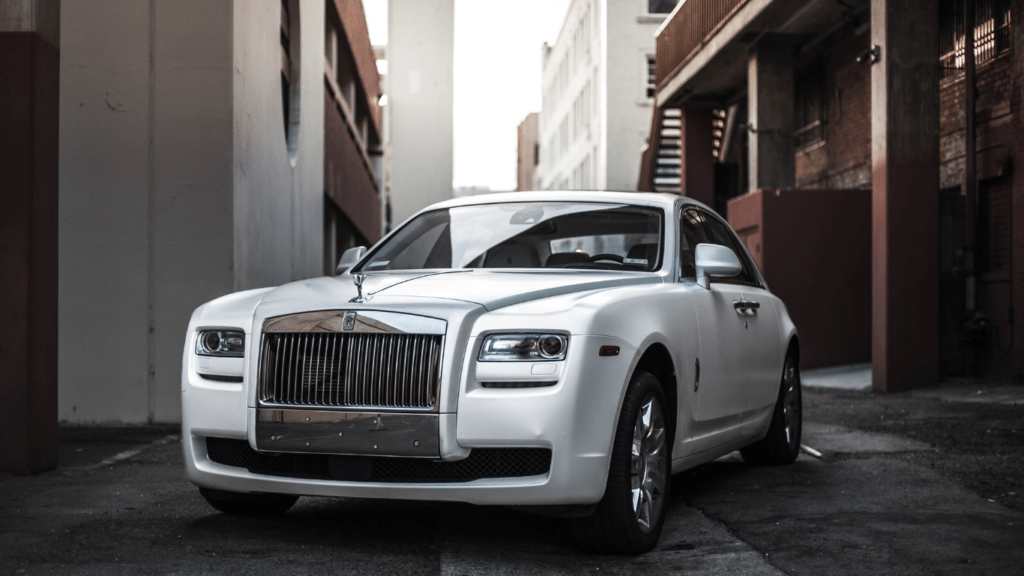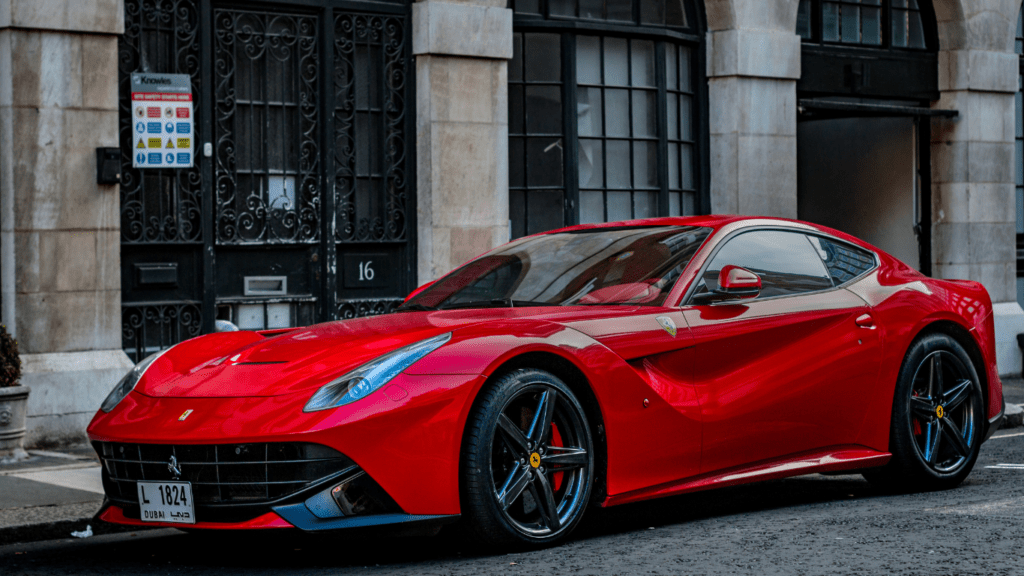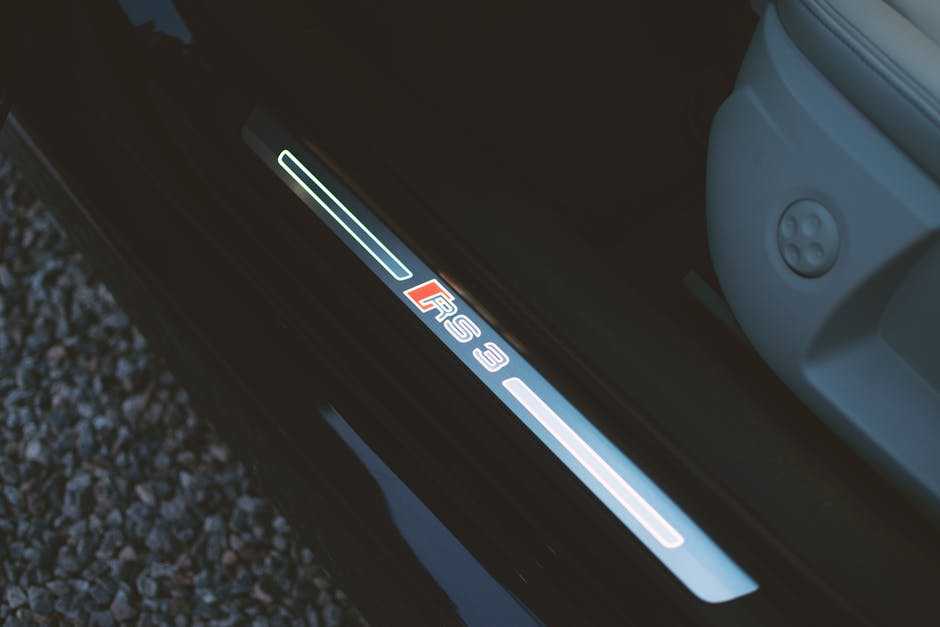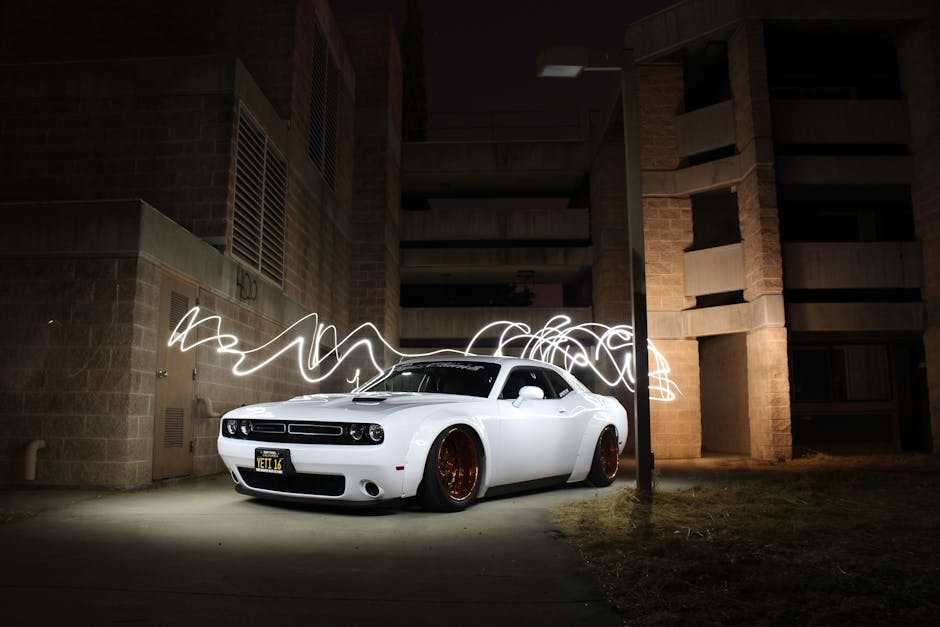Understanding Luxury Car Customization
Luxury car customization allows owners to create uniquely tailored vehicles that reflect their personality and style.
What is Customization?
Customization involves modifying a car’s features, design, and performance to suit the owner’s preferences. Options include bespoke interiors, unique paint jobs, performance upgrades, and advanced technology integration. These modifications enhance both aesthetic appeal and driving experience.
History of Customization in the Auto Industry
Customization dates back to the early 20th century when wealthy car owners sought unique designs. Coachbuilders created bespoke vehicles on luxury chassis, marking the beginning of automotive personalization. Over time, automakers like Rolls-Royce and Ferrari began offering factory customization, making it more accessible. Advances in technology and materials further expanded customization possibilities, leading to today’s highly personalized luxury cars.
Benefits of Customization in Luxury Cars
Customization in luxury cars offers numerous advantages that extend beyond standard features and design.
Personalization and Identity
Customizing a luxury car lets owners express their unique identity. Bespoke interiors using specific materials, unique paint colors, and monogrammed details all reflect personal style. This level of personalization transforms a car from just a vehicle into a statement piece, enhancing its owner’s lifestyle.
Enhanced Driving Experience
Customization enhances the driving experience. Performance upgrades like advanced suspension systems, tuned engines, and state-of-the-art infotainment systems improve both comfort and performance. Superior sound systems, customized seating, and tailored ergonomics make every journey exceptionally pleasurable.
Resale Value and Investment
Customized luxury cars often have higher resale values. Unique features, tailored designs, and limited edition attributes can make these vehicles highly desirable on the secondary market. Investing in customization not only brings immediate satisfaction but also ensures long-term value retention.
Emerging Trends in Luxury Car Customization

Luxury car customization is evolving rapidly, driven by innovation and consumer demand for personalized experiences. Several key trends shape this landscape.
Technology Integration
- Luxury cars now leverage cutting-edge technology for a personalized experience.
- Advanced driver-assistance systems (ADAS), for example, enhance safety and convenience.
- Infotainment systems are increasingly integrated with AI, enabling voice-activated controls and smart navigation.
- High-end brands are also incorporating augmented reality (AR) displays, providing real-time data on the windshield.
- These innovations make driving a luxury car both intuitive and engaging.
Sustainable and Eco-Friendly Options
Sustainability in vehicle customization is gaining traction. Manufacturers now offer eco-friendly materials like:
- vegan leather
- recycled metals
- natural fibers
Electric and hybrid powertrains are becoming more common, reflecting a shift toward reducing the carbon footprint. Customized luxury cars often feature solar panels and energy-efficient systems, aligning with the growing trend of environmental consciousness among buyers.
Cutting-edge Designs and Materials
Design excellence remains a cornerstone of luxury car customization. Bespoke designs feature unique paint finishes, custom upholstery, and hand-crafted details. Exotic materials like carbon fiber, titanium, and precious metals are used for both aesthetic and functional enhancements. Brands now offer exclusive color palettes and personalized monograms, ensuring each vehicle is a unique masterpiece.
Case Studies: Brands Leading the Way
Several brands are pioneering the customization revolution in luxury cars, setting new standards for personalized driving experiences.
Tesla
Tesla leads the way with its advanced technology and electric powertrains. Owners can choose from a range of interior materials, paint colors, and performance upgrades. For instance, the Model S offers a Ludicrous Mode for unparalleled acceleration. Enhanced Autopilot and Full Self-Driving capabilities add a layer of futuristic appeal.
Rolls-Royce
Rolls-Royce epitomizes luxury customization. The Bespoke program allows clients to create their dream car with infinite possibilities. Options include custom paint colors, unique veneers, and personalized monograms. A Pebble Beach client once requested a Rolls-Royce with an integrated picnic set, showing the brand’s attention to unique details.
Aston Martin
Aston Martin specializes in combining bespoke craftsmanship with high performance. The Q by Aston Martin personal commissioning service offers exclusivity. Clients can select everything from hand-stitched leather interiors to custom exterior finishes. An example is the One-77 Q Series, which showcases the brand’s capability to deliver hyper-personalized luxury.
Potential Challenges and Considerations
Customization in luxury cars offers numerous benefits, but it also comes with specific challenges and considerations that buyers and manufacturers need to address.
Cost Implications
Customization in luxury cars significantly impacts cost. Personalized features, unique materials, and bespoke designs come with a premium price tag. For instance, opting for a custom paint job or bespoke interior finishes can add thousands of dollars to the base price of the vehicle. While customization enhances the car’s appeal, buyers must be prepared for the substantial financial investment involved. Additionally, regular maintenance costs might increase due to the specialized nature of custom parts and materials.
Market Saturation
The growing demand for customized luxury cars could lead to market saturation. As more manufacturers offer bespoke options, the uniqueness of customized vehicles might diminish. For example, if every luxury car brand provides similar customization options, the distinctiveness each brand aims to offer may blur.
It’s essential for manufacturers to continuously innovate to maintain the exclusivity and allure of their custom offerings. This might involve exploring new materials, advanced technologies, and even collaborations with artists or designers to stand out in a crowded market.
Regulatory and Safety Concerns
Customization also raises regulatory and safety concerns. Modifications must comply with local and international safety standards. For example, altering a car’s performance capabilities or integrating new technologies can impact its safety ratings. Manufacturers and consumers need to ensure that customizations don’t compromise essential safety features.
Regulatory bodies might impose restrictions on certain types of modifications, which can limit the extent of customization. Therefore, both parties must navigate these regulations carefully to avoid legal issues and ensure that the vehicle remains safe for the road.



 Luxury Lifestyle & Partnerships Manager
Luxury Lifestyle & Partnerships Manager
